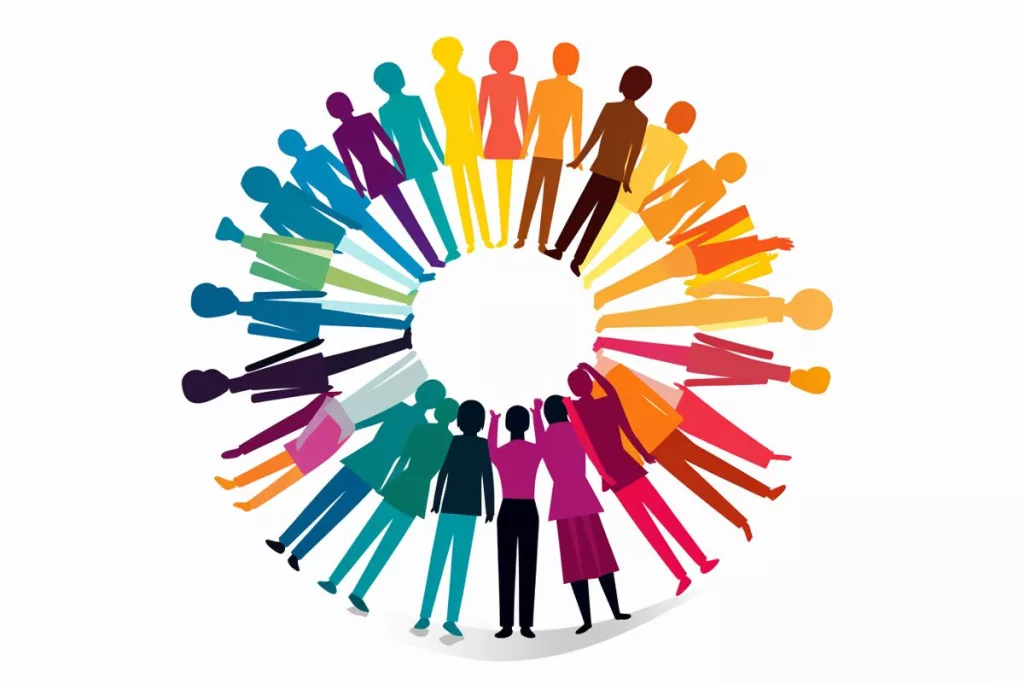South Africa’s Disability Rights Awareness Month (DRAM) has begun, aiming to promote an inclusive society that caters to diverse needs and establishes equity. Spearheaded by Minister Nkosazana Dlamini Zuma, the campaign focuses on consolidating and accelerating disability rights into the future, adhering to the Bill of Rights that ensures the right to life, equality, and human dignity for everyone. The campaign emphasizes the importance of collective efforts to break down barriers to inclusion and promote a society where people with disabilities can flourish and realize their full potential.
The controversy surrounding Heideveld High School’s decision to uninvite a wheelchairbound former pupil from their matric ball dance highlights the importance of inclusion and effective communication in educational institutions. The incident calls attention to the need for schools to actively engage and support students with disabilities in order to foster a more inclusive learning environment. It also underscores the vital role that clear communication plays in preventing misunderstandings and promoting a positive atmosphere. Ultimately, the story of Chelse Leigh Tiemie serves as a powerful reminder of the value of empathy and acceptance for all.
President Cyril Ramaphosa emphasized the importance of recognizing the humanity of people who communicate through sign language during the signing ceremony of the South African Sign Language Bill. Official recognition is expected to lead to a wider range of opportunities, greater access to services, and public information, and promote access to education and economic and social opportunities.
In 1971, Hoosen Bobat, an 18yearold tennis player from South Africa, was denied the opportunity to participate in the prestigious Wimbledon junior tournament due to racial discrimination. This incident highlights a dark chapter in the history of tennis, with longlasting consequences for the sport’s governing institutions.
The Commission for Employment Equity (CEE) will present its 23rd Employment Equity Report at a media briefing held at the Emperor’s Palace Hotel in Kempton Park, Ekurhuleni. This report reflects the state of Employment Equity (EE) in South Africa’s labour market and will be handed over to the Minister of Employment and Labour, TW Nxesi, by the Commission Chairperson, Tabea Kabinde.
As the importance of inclusivity in education grows, accommodating children with disabilities in schools is becoming increasingly necessary. To address this issue, the Government Communication and Information System (GCIS) has teamed up with Agape Youth Movement, the Department of Basic Education, and the Department of Women, Youth, and Persons with Disabilities to organize a webinar on Disability and Inclusion in schools.
Embracing Equity: South Africa’s Journey Towards Equal Opportunities in the Workplace
South Africa has been committed to promoting equity in the workplace for more than two decades. The government’s efforts aim to foster equal opportunities and fair treatment for all. The Employment Equity (EE) Act plays a crucial role in this endeavor, as it works to eliminate unfair discrimination and promote affirmative action measures. The ultimate goal is to address historical imbalances and facilitate the equitable representation of designated groups, such as Black people, women, and persons with disabilities, at all levels of the workforce.
Over the past few years, the media landscape in South Africa has experienced significant changes. With the emergence of digital media and the decline of print, traditional newspapers have had to adapt to remain relevant. However, not all publications have been able to make the transition easily.
The Oceans Mall, located in Umhlanga, KwaZuluNatal, South Africa, has been making waves in the retail industry since its opening in November 2022. The mall, developed by businessman Vivian Reddy, has been called the “Dubai in Durban” and has been described as a “game changer” for KwaZuluNatal.









